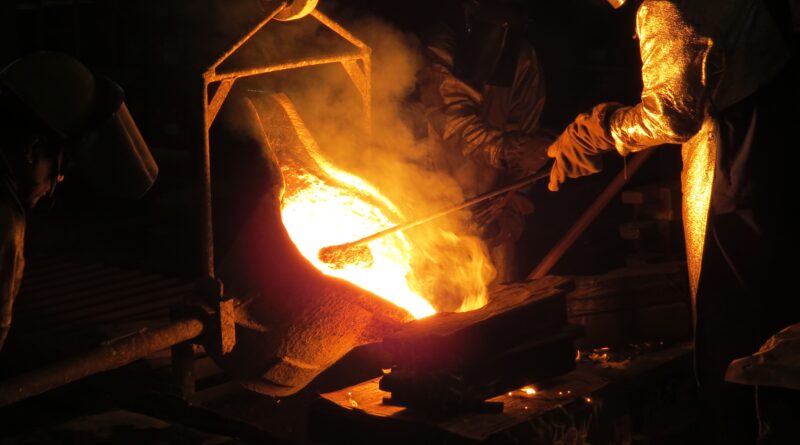Tetsu wa Atsui uchi ni Ute (鉄は熱いうちに打て – Strike while the Iron Is Hot)
Tetsu wa Atsui uchi ni Ute
鉄は熱いうちに打て
You should never miss the appropriate time to do something.
物事は適切な時期を逃さず取り組んだほうが、よい結果に繋がります。
To explain this lesson, you can use the proverb tetsu wa atsui uchi ni ute (鉄は熱いうちに打て).
この教えを表すことわざに、「鉄は熱いうちに打て」があります。
Since tetsu (鉄) means “iron,” atsui uchi (熱いうち) means “while something is hot,” and ute (打て) means “strike,” the literal meaning of tetsu wa atsui uchi ni ute is “Strike while the iron is hot.”
「鉄」は “iron”、「熱いうち」は “while something is hot”、「打て」は “strike” を意味するので、「鉄は熱いうちに打て」の文字どおりの意味は “Strike while the iron is hot” となります。
This proverb came from the West and came to have the above meaning because you need to forge iron while it is hot and soft.
“Strike while the iron is hot” はもともと西洋のことわざで、鉄は熱して柔らかいうちに鍛える必要があるから、上記の意味を持つようになりました。
However, the Japanese version of this proverb also means that it is better to train while young.
「鉄は熱いうちに打て」は、このことわざを日本語に翻訳したものというわけです。




